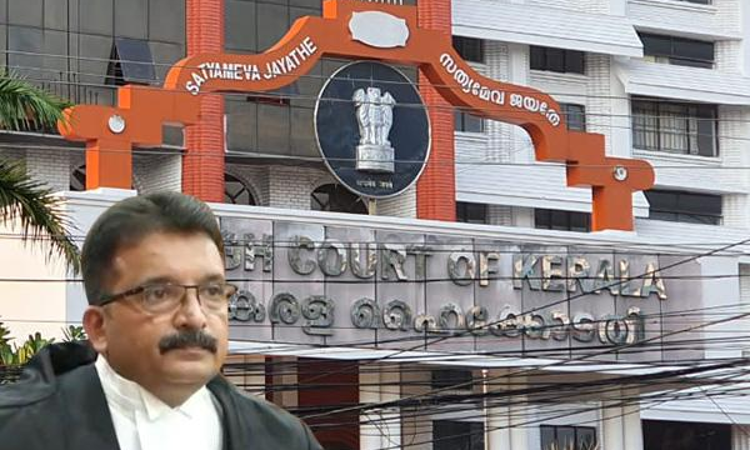DV Act | Court Can Strike Off Defence For Willful Non-Compliance With Order For Interim Maintenance: Kerala High Court
Hannah M Varghese
21 Jun 2022 10:30 AM IST

Next Story
21 Jun 2022 10:30 AM IST
The Kerala High Court has ruled that a Court can strike off the defence of the defaulter if they deliberately or willfully refuse to comply with its order directing payment of interim maintenance under the Protection of Women from Domestic Violence Act (DV Act). Justice Kauser Edappagath held so after observing that in Rajnesh v. Neha & Anr, the Supreme Court had upheld the power of the...
